Expert Parkinson’s Treatment In Delhi
To Help You Move Better And Live Brighter
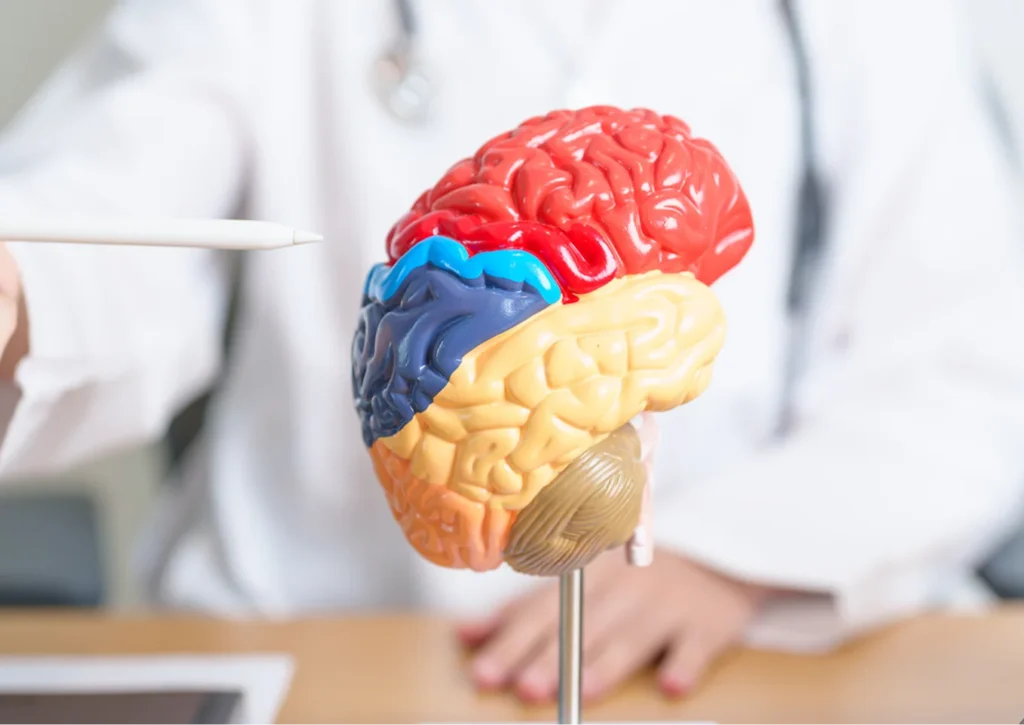
What is Parkinson’s Disease?
Parkinson’s disease is a progressive neurological disorder that affects movement, balance, and coordination. It occurs when nerve cells in the brain that produce dopamine start to break down. Dopamine is a chemical responsible for smooth, controlled movements.
People with Parkinson’s may experience symptoms such as hand tremors, stiffness, slow movements, and difficulty with walking or speech. While the condition advances over time, early diagnosis and expert care can significantly improve quality of life.
If you or a loved one is showing signs of Parkinson’s, it’s important to seek specialised Parkinson’s treatment in Delhi to manage symptoms effectively and slow the progression of the disease.
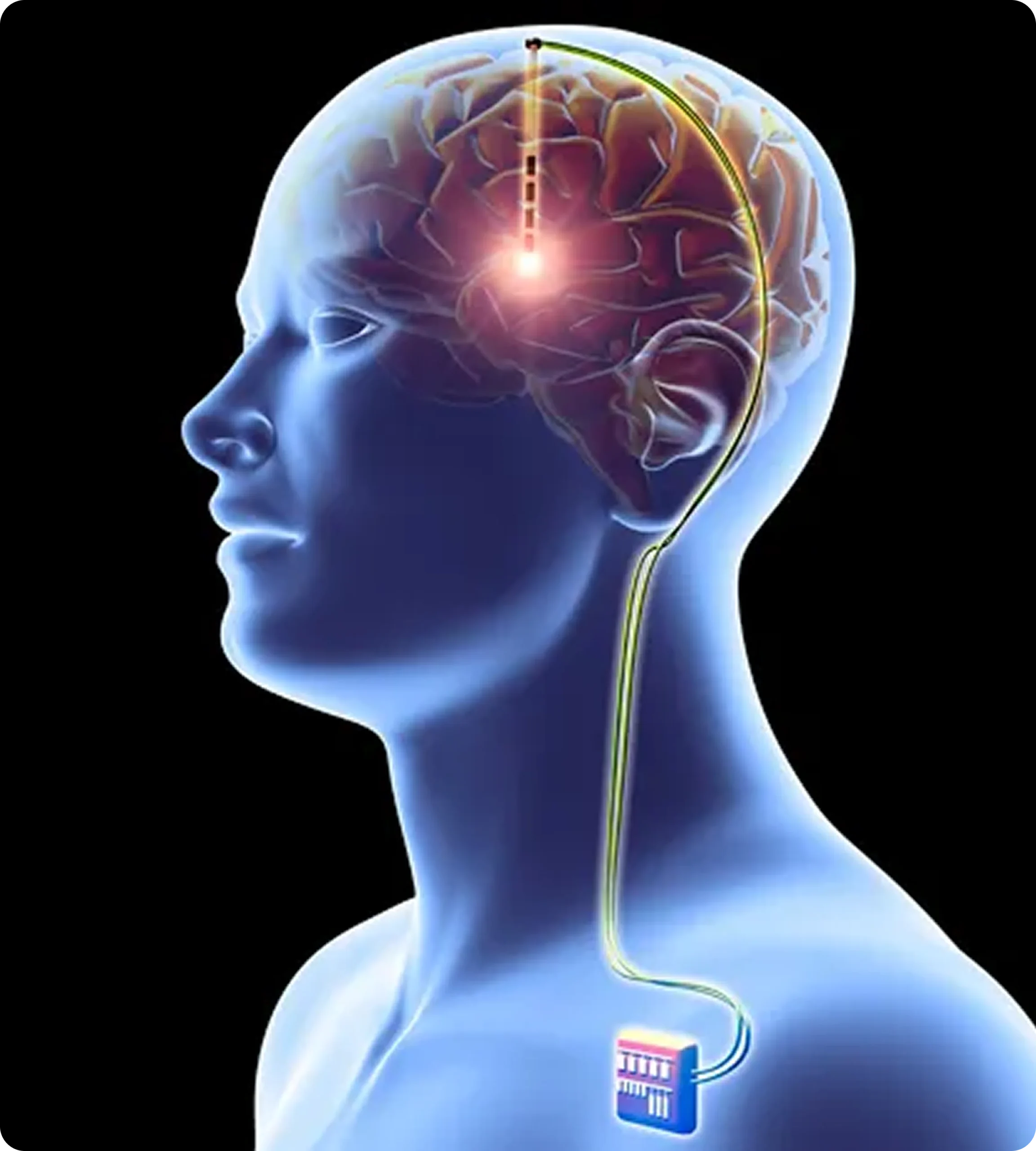
If Doing Things We Love Releases Dopamine, Why Doesn’t It Work the Same Way in Parkinson’s?
In healthy individuals, enjoyable activities like listening to music, eating favourite food, or spending time with loved ones trigger dopamine release, which is why we feel good doing them.
But in Parkinson’s disease, the problem isn’t just with releasing dopamine — it’s that the dopamine-producing cells (in a region called the substantia nigra) are progressively damaged or lost.
So even if a Parkinson’s patient does something joyful:
Their brain’s ability to make and release dopamine is significantly impaired
The “reward system” signal is weaker or doesn’t trigger properly
And the dopamine receptors may not function as they should due to ongoing neurodegeneration
So, Can Happy Experiences Still Help?
Yes, absolutely — just in a different way. While these activities might not restore dopamine levels significantly, they stimulate other brain pathways and help improve mood, reduce anxiety, and enhance overall well-being.
Some studies also show that exercise, music, social interaction, and positive emotion can modestly support dopamine function and slow progression, but they can’t replace medical treatment.
Signs You Should See a Neurologist
Early detection of Parkinson’s disease can make a big difference in treatment outcomes. If you or someone you care about is showing any of the following signs, it’s important to consult a neurologist without delay:
Tremors in hands or fingers, especially while resting
Slowness in movement (bradykinesia) — taking longer to perform daily tasks
Stiffness or rigidity in muscles, making it hard to move arms or legs freely
Balance problems or frequent falls — especially in familiar environments
Changes in handwriting — smaller, cramped writing (micrographia)
Soft or slurred speech, or reduced facial expressions
Mood changes — including depression, anxiety, or apathy
Disturbed sleep patterns — including acting out dreams or difficulty falling asleep
Even one or two of these signs could indicate an underlying neurological issue. Our clinic offers specialised Parkinson’s treatment in Delhi, tailored to each patient’s stage and symptoms.
Diagnosis of Parkinson’s Disease
Diagnosing Parkinson’s disease can be challenging because there’s no single test that confirms it. Instead, neurologists rely on a combination of clinical evaluation, detailed medical history, and physical examination to identify the condition.
Here’s how we approach diagnosis at our clinic:
Step-by-Step Diagnostic Process:
Neurological Examination
We assess your movement, muscle tone, reflexes, coordination, and walking pattern.
Symptom History
We discuss when your symptoms began, how they’ve progressed, and whether there’s a family history of neurological disorders.
Response to Medication
Often, a trial of Parkinson’s medication like Levodopa is given. A positive response can support the diagnosis.
Imaging Tests (if needed)
While MRI or CT scans may not diagnose Parkinson’s directly, they help rule out other causes of similar symptoms. Advanced imaging like DaTscan (Dopamine Transporter Scan) may be used in select cases to visualise dopamine activity in the brain.
Early Diagnosis = Better Treatment
Getting diagnosed early can lead to better symptom control, slower progression, and an improved quality of life. If you’re experiencing symptoms, don’t wait—explore trusted Parkinson’s treatment in Delhi with expert neurologists who understand your journey.
Parkinson’s Treatment in Delhi – Options We Offer
While there is no permanent cure for Parkinson’s disease, the right combination of treatments can dramatically improve mobility, independence, and quality of life. At our neurology clinic, we provide comprehensive, personalised care for every stage of the condition.
Here are the treatment options we offer:
Medications to Manage Symptoms
- Levodopa-Carbidopa: Most effective for improving movement and reducing stiffness
- Dopamine Agonists: Mimic dopamine activity in the brain
- MAO-B Inhibitors & COMT Inhibitors: Help prolong dopamine effects
- Anticholinergics & Amantadine: Useful for tremors and specific symptoms
Every patient responds differently, which is why our approach to Parkinson’s treatment in Delhi is highly tailored to individual needs.
Physiotherapy & Movement Rehabilitation
- Gait training and balance improvement
- Muscle strengthening and stretching
- Posture correction and fall prevention
- Speech therapy for voice and swallowing issues
- Occupational therapy for daily task adaptation
Lifestyle & Nutritional Counselling
- Diet planning to support medication effectiveness
- Sleep hygiene techniques
- Stress reduction strategies and mental health support
Advanced Treatments (for select patients)
- Deep Brain Stimulation (DBS): A surgical option for patients not responding well to medications
- Regular follow-ups for medication adjustments and disease monitoring
Our goal is to offer world-class Parkinson’s treatment in Delhi that manages symptoms and empowers patients to lead active, meaningful lives.
Why Choose Us for Parkinson’s Treatment in Delhi?
We understand — Parkinson’s is more than just a medical diagnosis. It affects how you move, speak, express, and even feel. And while it may not be curable, you are not powerless. With the right support, treatment, and care, you can continue to live a life filled with dignity, independence, and purpose.
Here’s why patients and families trust us for Parkinson’s treatment in Delhi:
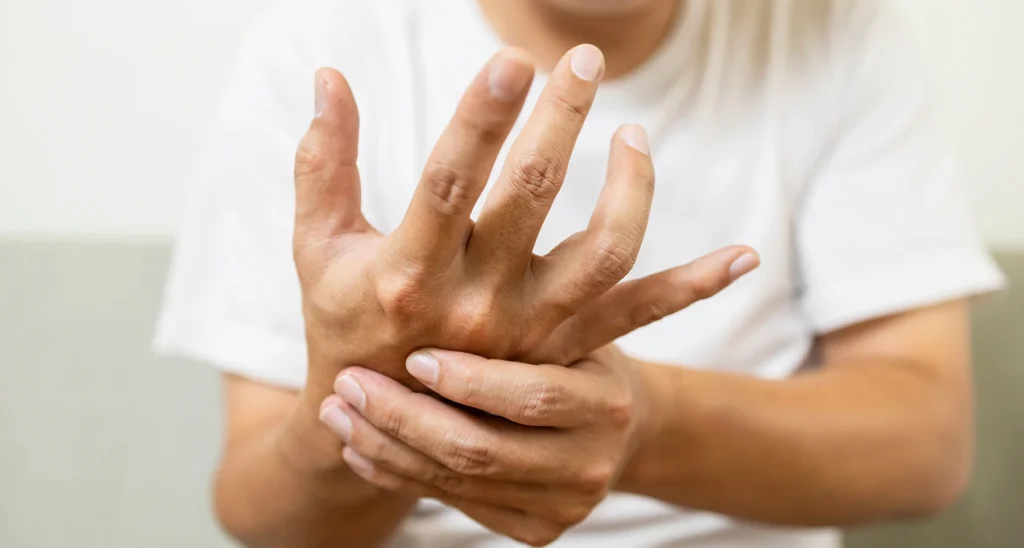
Specialised Neurology Expertise
Dr. Shishir Pandey brings years of focused experience in treating complex neurological conditions like Parkinson’s. He stays updated with the latest medical advancements to ensure you receive the most effective, personalised care available.
Personalised Treatment Plans
No two cases of Parkinson’s are the same. We take time to understand your journey — your symptoms, goals, lifestyle — and design a treatment plan that fits you.
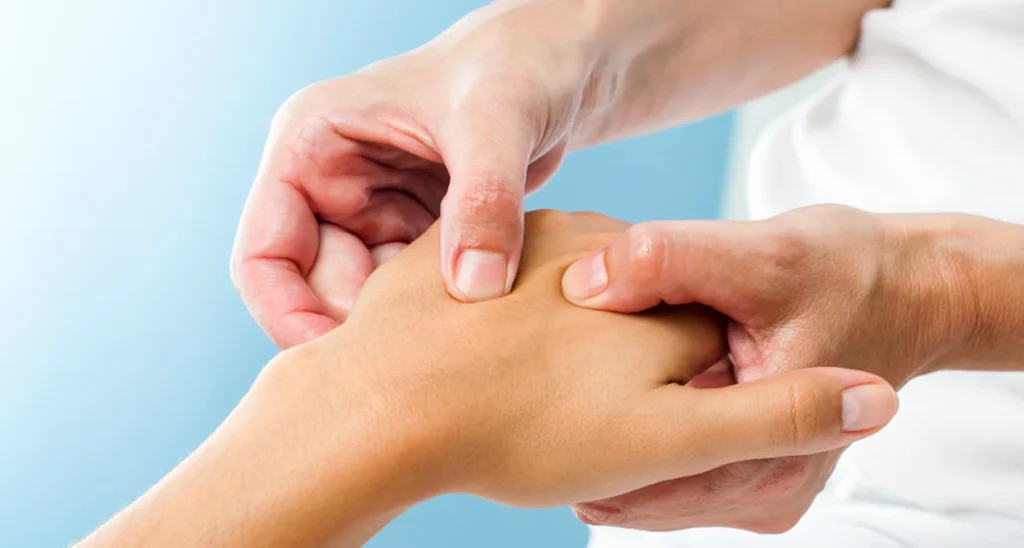
Compassionate, Multidisciplinary Care
From movement specialists and speech therapists to dietitians and psychologists, our team works together to care for every part of you, not just your symptoms.
Ongoing Support for You and Your Family
We believe support doesn’t end at prescriptions. Whether it’s guidance for caregivers, counselling for emotional well-being, or adjustments in therapy, we walk beside you every step of the way.

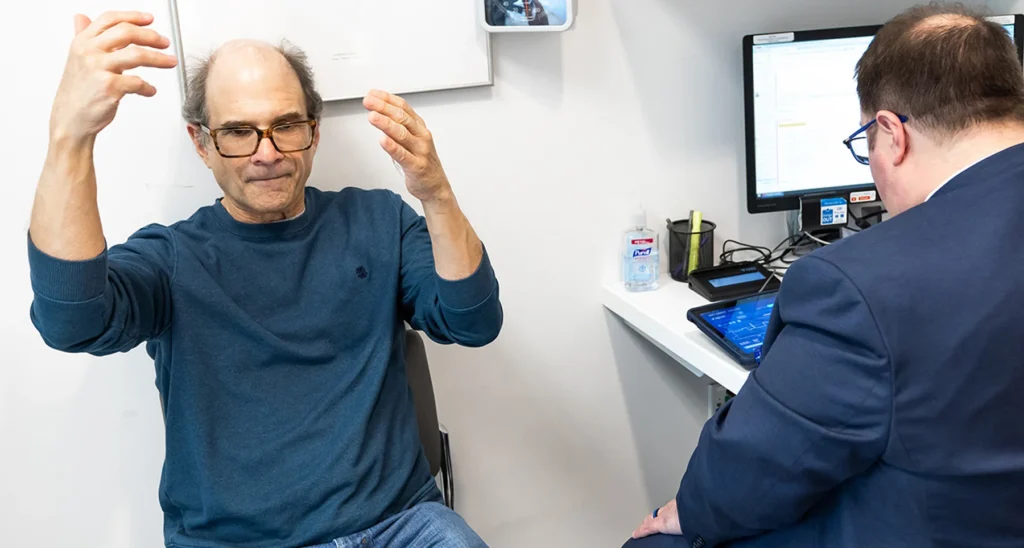
Long-Term Monitoring & Adaptation
As Parkinson’s progresses, your needs change. We provide regular reviews and modify your treatment to keep you as independent and active as possible.
You may have Parkinson’s, but Parkinson’s doesn’t have to define you. If you’re looking for compassionate, expert-led Parkinson’s treatment in Delhi, we’re here to help you.

Take Action Today — Don’t Wait
If you or a loved one is experiencing signs of Parkinson’s, time is critical.
Contact Dr. Shishir Pandey
Expert Neurologist for Parkinson's Treatment in Delhi
Frequently Asked Questions About Parkinson’s Treatment in Delhi
Unfortunately, Parkinson’s is not curable. However, with early diagnosis and proper medical care, its symptoms can be effectively managed, helping patients lead a more active and independent life.
Common early signs include hand tremors at rest, muscle stiffness, slower movements, difficulty with balance, changes in handwriting, and a softer voice. If you notice these symptoms, it’s best to consult a neurologist for evaluation.
There’s no one-size-fits-all solution. Treatment usually involves medications like Levodopa, lifestyle changes, physiotherapy, and in some cases, advanced options like Deep Brain Stimulation (DBS). Dr. Shishir Pandey offers customised Parkinson’s treatment in Delhi based on each patient’s stage and needs.
Many people live for 15–20 years or more after diagnosis. With proper treatment and support, patients can maintain a good quality of life for a long time.
Yes! Regular physical activity — especially stretching, balance training, and gentle cardio — can improve mobility, reduce stiffness, and enhance mood. It’s an important part of managing the disease.
If you notice tremors, stiffness, slow movements, balance problems, or any sudden changes in how you move or feel, it’s best to consult a neurologist as early as possible.
